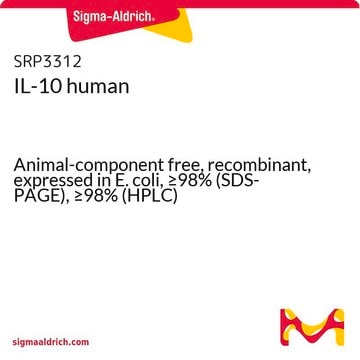MAK112
Arginase Activity Assay Kit
sufficient for 200 colorimetric tests
Sinónimos:
Arginase Test Kit
About This Item
Productos recomendados
usage
sufficient for 200 colorimetric tests
detection method
colorimetric
relevant disease(s)
cancer; immunological diseases; gastrointestinal diseases
storage temp.
−20°C
Gene Information
human ... ARG1(383) , ARG2(384)
mouse ... ARG1(11846) , ARG2(11847)
rat ... ARG2(29215) , Arg1(29221)
General description
Application
Features and Benefits
Suitability
Principle
signalword
Danger
hcodes
Hazard Classifications
Aquatic Chronic 3 - Eye Dam. 1 - Met. Corr. 1 - Repr. 1B - Skin Corr. 1A
Storage Class
6.1D - Non-combustible acute toxic Cat.3 / toxic hazardous materials or hazardous materials causing chronic effects
flash_point_f
Not applicable
flash_point_c
Not applicable
Certificados de análisis (COA)
Busque Certificados de análisis (COA) introduciendo el número de lote del producto. Los números de lote se encuentran en la etiqueta del producto después de las palabras «Lot» o «Batch»
¿Ya tiene este producto?
Encuentre la documentación para los productos que ha comprado recientemente en la Biblioteca de documentos.
Los clientes también vieron
Contenido relacionado
Multiplex assays for hepatotoxic biomarker measurement in drug-induced liver injury research.
Multiplex assays for hepatotoxic biomarker measurement in drug-induced liver injury research.
Multiplex assays for hepatotoxic biomarker measurement in drug-induced liver injury research.
Multiplex assays for hepatotoxic biomarker measurement in drug-induced liver injury research.
Nuestro equipo de científicos tiene experiencia en todas las áreas de investigación: Ciencias de la vida, Ciencia de los materiales, Síntesis química, Cromatografía, Analítica y muchas otras.
Póngase en contacto con el Servicio técnico



